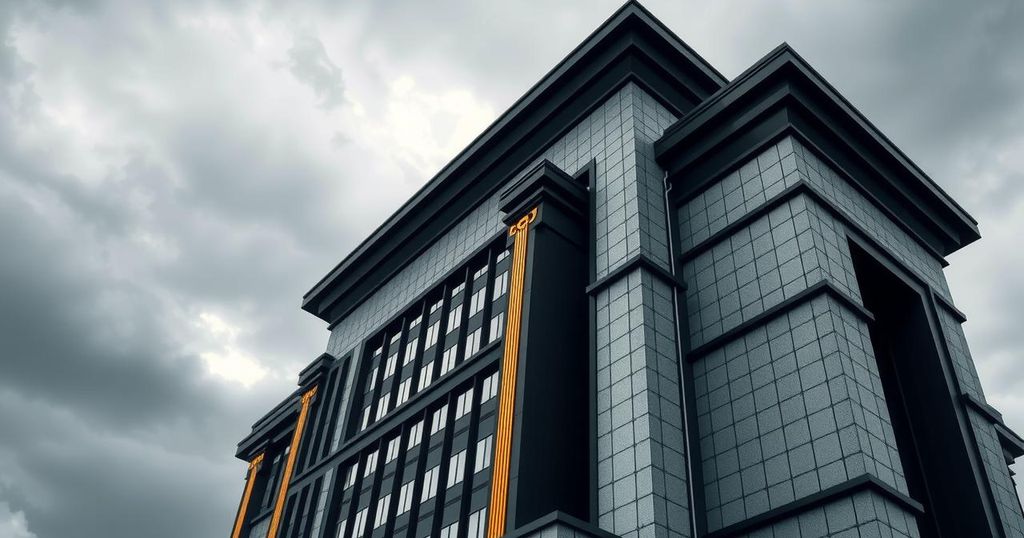Niger’s Ruling Junta Tightens Control Amidst Growing Authoritarianism

Following the coup on July 26, 2023, Niger’s military junta has suppressed dissent, eroded civil liberties, and consolidated power. With arbitrary detentions and a crackdown on media, the climate of fear has deepened, fueling isolation and authoritarianism. The treatment of ousted President Mohamed Bazoum illustrates the junta’s grip and paranoia regarding opposition.
Niger’s military junta has intensified its control since the coup on July 26, 2023, undermining civil liberties and silencing dissent. The junta employs tactics such as arbitrary detentions and ruling by decree, leading to a climate of fear and international isolation. Amnesty International has highlighted various human rights violations, including enforced disappearances and the systematic repression of former government officials.
the junta’s actions are purportedly justified under the guise of state security. Marceau Sivieude, acting regional director for Amnesty International, stated that the military leaders have implemented practices to suppress any critical voices, effectively dismantling freedoms of speech, association, and the right to information. Ignoring court rulings has become a common occurrence, indicating a troubling disregard for the rule of law.
a regional expert emphasized the junta’s paranoid response to perceived threats, noting that past regimes had already suppressed expression. The fragile government is said to maintain a siege mentality, feeling threatened from its inception, thus exacerbating the repression of dissent.
the treatment of ousted President Mohamed Bazoum serves as a stark example of this authoritarian shift. He remains detained, despite a ruling from the Economic Community of West African States Court of Justice deeming his incarceration arbitrary. His subsequent charges of high treason further display the junta’s fear of opposition, particularly from supporters of the former regime.
seven former ministers, who have called for Bazoum’s release, continue to face arbitrary detention, underscoring the junta’s contempt for judicial authority. Ousmane Diallo from Amnesty International commented on the normalization of arbitrary rule, signaling a significant erosion of established legal norms.
since the coup, Niger has been governed by decree, concentrating all powers within the ruling junta, which has arbitrarily suspended political parties. The military leaders exercise authority without a transition charter, further solidifying their control over the nation.
the junta’s restrictive measures include a decree listing individuals or entities allegedly involved in undermining national interests, which allows for vague targeting of political opponents. People categorized as holding dissenting views risk asset freezes or loss of nationality, creating a binary of patriots and stateless persons within Niger.
the crackdown has alarmed civil society, leading to fears among journalists and activists of imprisonment for opposing the junta. One civil society member asserted that criticism of the government results in guaranteed repercussions, while Amnesty reported a rise in self-censorship among citizens wary of retaliation. The suspension of various media outlets has also severely restricted freedom of information within the country.
In conclusion, Niger’s military junta has entrenched its rule through repression and a systematic disregard for civil rights since the July 2023 coup. With arbitrary detentions, suppression of dissent, and a concentration of power, the nation faces a bleak future marked by authoritarian practices and isolation from the international community. The ongoing situation underlines the urgent need for advocacy and intervention to restore democratic principles and protect human rights in Niger.
Original Source: international.la-croix.com







